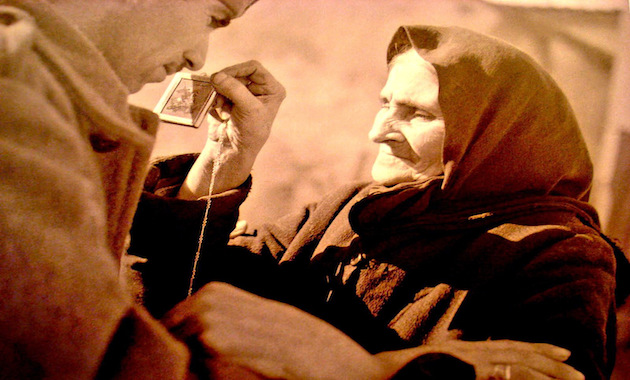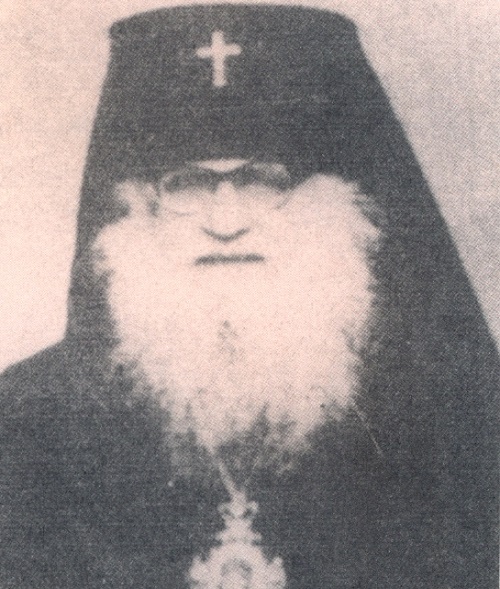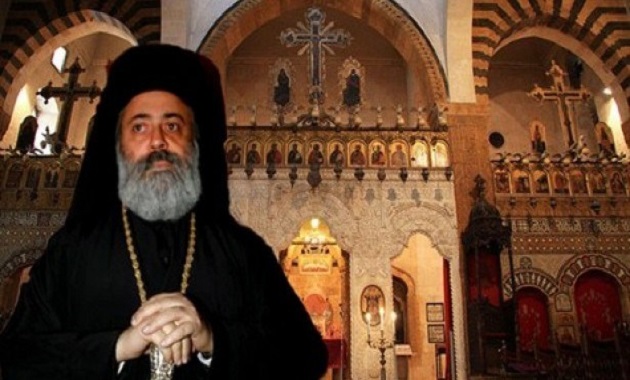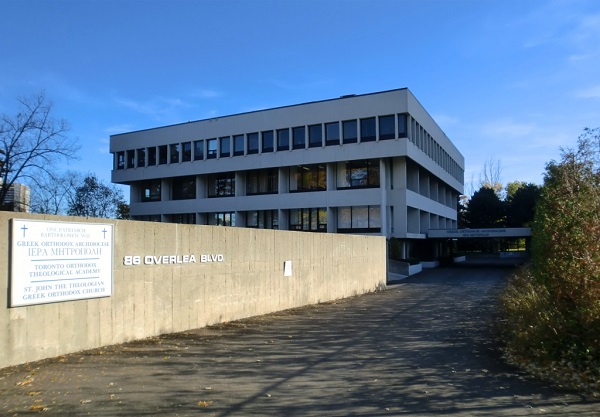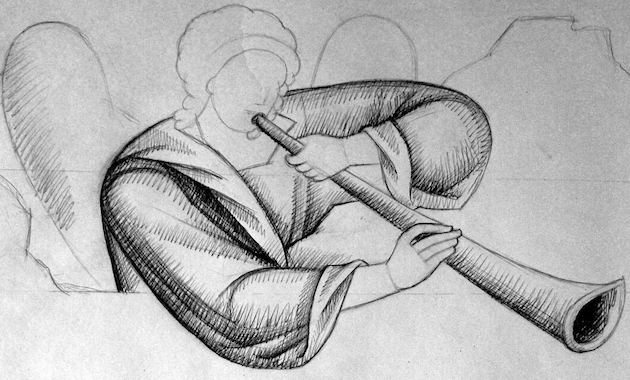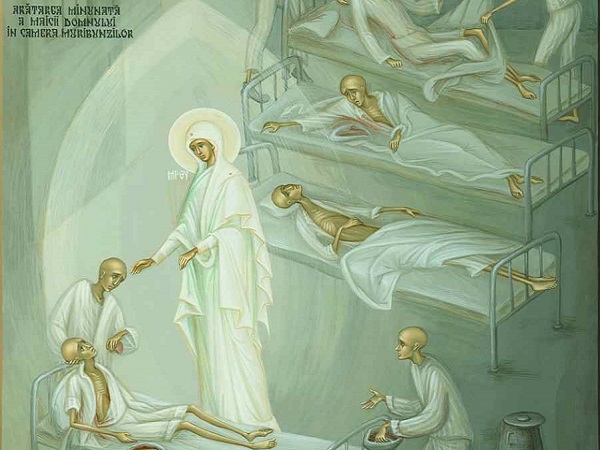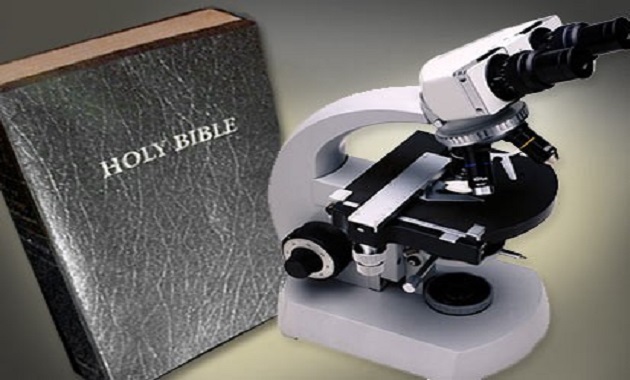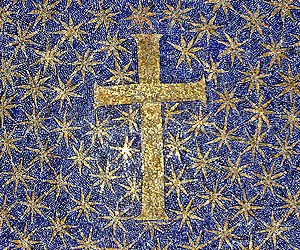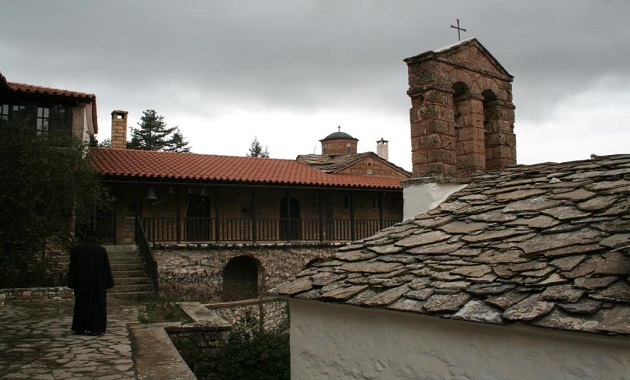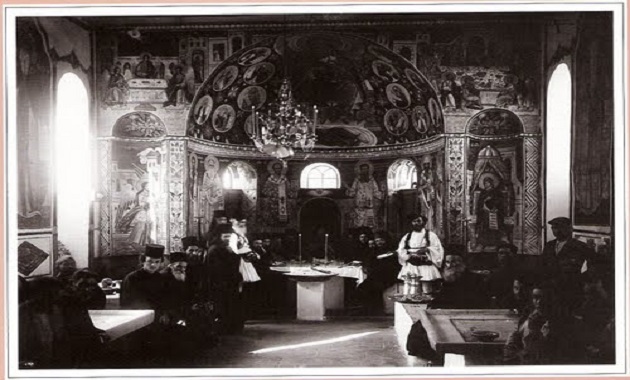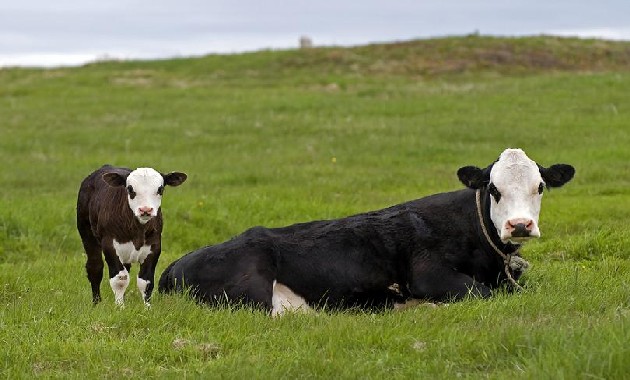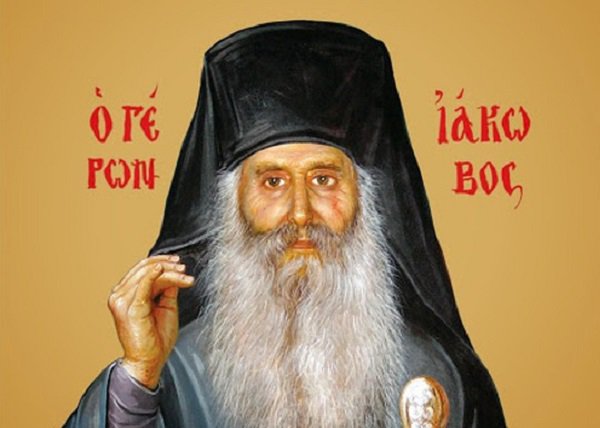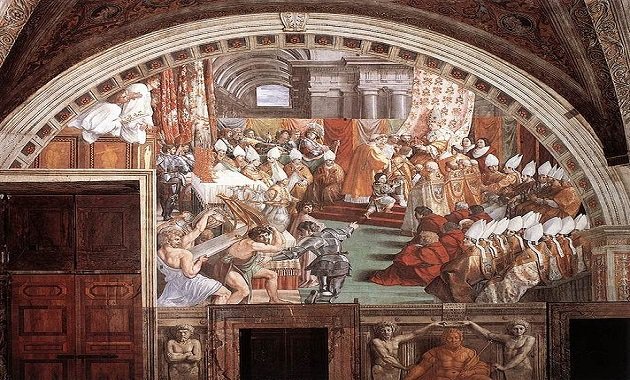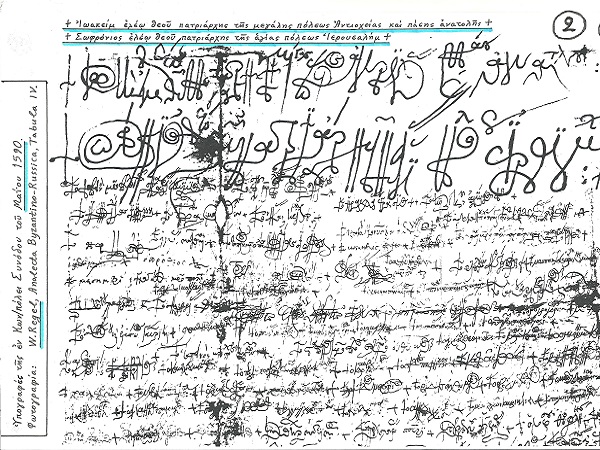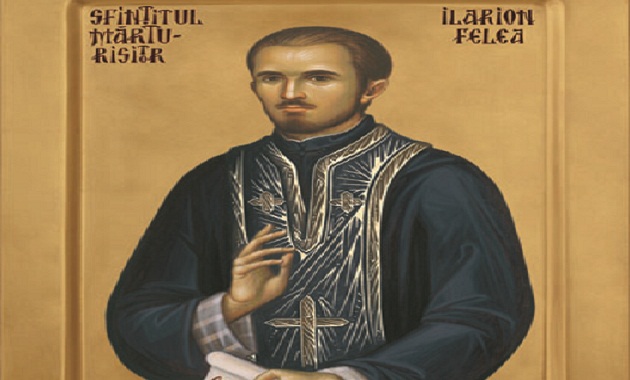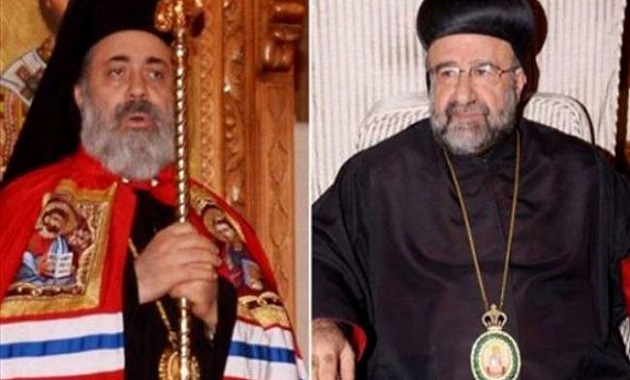
C. Providence No matter how many turbulences we face in life, we ought to remain steadfast and peaceful. The more these difficulties go beyond our strength the more the Lord’s providence overcomes them on our behalf. Nietzsche declared that ‘if couples lived apart, more marriages would remain intact’. Yet Psalm 133 says: “how good and pleasant it is when brothers dwell in unity”. In the original language, Hebrew, the word ‘together’ does not just mean ‘one with the other’ but ‘each for the other’. In other words, we ought to work in unity and peace for a common future. Contrary to Nietzsche, the Christians believe that “if we live for each other and we remain united, there is no discord or disagreement or disparity ...

